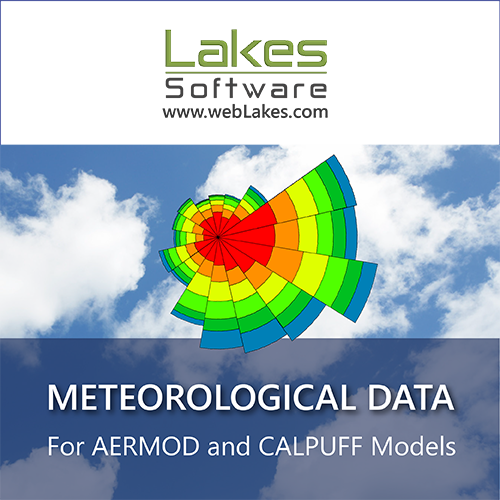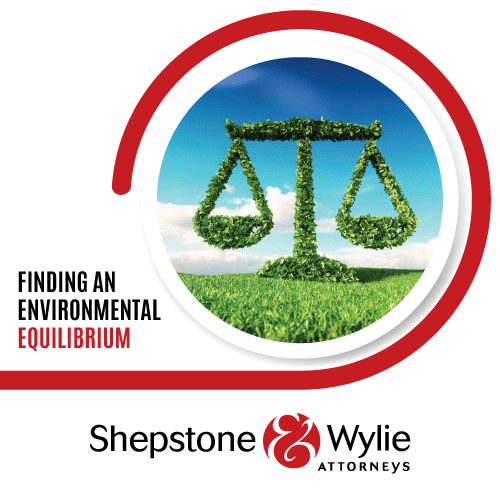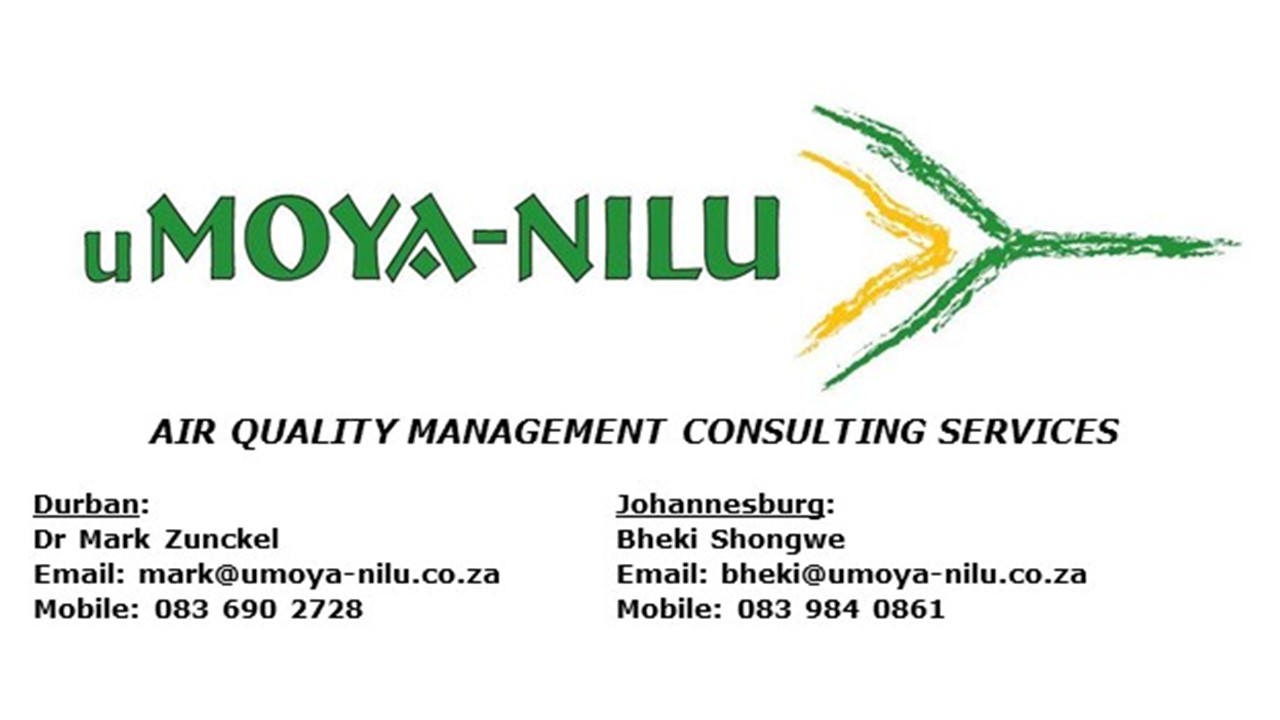Ethics and Malpractice Statement
The Clean Air Journal ethics statement has been developed based upon the "Code of Conduct and Best Practice Guideline for Journal Editors", the "Ethical Guidelines for Peer Reviewers", "Responsible Research Publication: International Standards for Authors", and "Responsible Research Publication: International Standards for Editors" developed by the Committee on Publication Ethics (COPE).
The Clean Air Journal editors should be informed of any actions by reviewers or authors that are not in-line with this statement. If there is suspected misconduct by an editor, the complaint should first be made to the co-editors. If the complaint is not satisfactorily resolved, then the complaint should be passed to the editorial board of the Clean Air Journal. In cases of suspected misconduct, the Editors and Editorial Board will use the best practices of COPE to assist them to resolve the complaint. More detailed information can be found at Allegations of research misconduct.
Duties, responsibilities and obligations of Authors
The author/s must acknowledge that the manuscript contains their own original research. Plagiarism and fraudulent data will not be tolerated in the Clean Air Journal.
It is the duty of the author to present a concise and accurate description of the research performed, together with an objective discussion of its significance, which will include the citation of relevant publications.
A manuscript must contain adequate detail and appropriate references that would allow their peers to replicate their work.
The author/s should include only those people who made a significant contribution to the research. It is the responsibility of the corresponding author to ensure that all authors are in agreement of the content of the submitted manuscript as well as the publication of the paper.
The author/s must document that research that involved human or animal subjects was performed ethically.
Duties, responsibilities and obligations of Editors
The editors are responsible for what is accepted or rejected for publication in the journal, and should process manuscripts promptly.
The editor/s should give unbiased consideration to all submitted manuscripts, and have no conflict of interest with regards to the manuscripts that they accept or reject. For manuscripts submitted by the editors themselves to the journal, the editor who is the author will not have any input and will not participate in the editorial and review process.
The editor/s will clearly define the expectations of reviewers and authors, and will transparently and consistently apply standards.
The editor/s will promote the integrity of the published journal by issuing corrections and retractions when needed, pursuing suspected or alleged research and publication misconduct, and will endeavour to ensure that research published in the journal that involved human or animal subjects was carried out in an ethical manner.
Plagiarism and fraudulent data will not be tolerated in the journal.
The editor/s will treat all submitted manuscripts as confidential.
Duties, responsibilities and obligations of Reviewers
Reviewers should be prompt in accepting or declining an invitation to review, and will aim to complete review within time frame provided by the editor/s.
Reviewers will treat reviewed manuscripts as confidential.
Reviewers will declare any conflict of interests to the editor/s before accepting or rejecting an invitation to review.
Reviewers will be objective and constructive in their reviews and will provide sufficient details and references (where applicable) to support their comments and recommendations in the review.
Reviewers will acknowledge that peer review is a reciprocal endeavour and undertake to carry out their fair share of reviewing and in a timely manner.
Reviewers will only agree to review a manuscript where they have sufficient subject expertise to carry out a proper assessment.








.png)